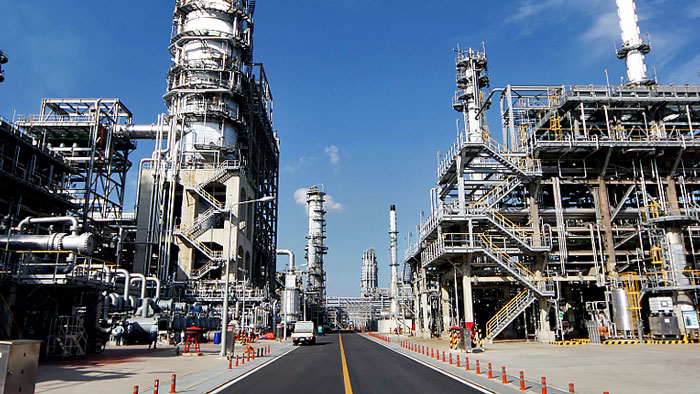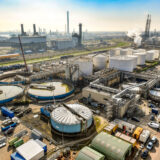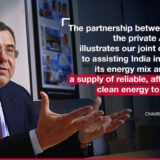
GS Caltex completes switch of Yeosu refinery to LNG
GS Caltex announced the successful switch to liquefied natural gas (LNG), from low-sulfur fuel oil (LSFO), for the operation of its Yeosu refinery complex in South Korea.
“In the energy industry, energy efficiency is a responsibility and obligation according to the vocation of the times,” said GS Caltex President Se-hong Heo. “This energy efficiency through fuel replacement is a clean and safe means to reduce greenhouse gas more effectively.”
Liquefied natural gas has less carbon dioxide (CO2) emissions than low sulfur heavy oil even at the same amount of heat. Heavy oil emits about 76 tons of carbon dioxide per terajoule (TJ), while natural gas is 56 tons, accounting for only 74%.
GS Caltex expects that the use of liquefied natural gas will reduce CO2 emissions by more than 19%. In addition, it is expected that particulate matter, such as sulfur oxides and nitrogen oxides, will also be reduced by more than 30%.
GS Caltex is also actively pursuing energy saving efforts to reduce greenhouse gases. In the past five years, the amount of savings through energy efficiency has reached KRW120 billion (USD98.7 million).
GS Caltex has been making efforts to manage environmental pollutants such as air pollution reduction, water resource risk management and water pollution reduction, hazardous substance management, waste management, and soil pollution prevention through active investment. In addition, sales of eco-friendly products amounted to about KRW500 billion (USD411,343), accounting for 1.5% of total sales last year, and the recycling rate of wastes reached 76%.
In addition, GS Caltex is discharging and disposing of wastewater generated at its business sites beyond the legal level. Part of the wastewater generated in the process is being recycled to the demineralizer facility of the crude oil refining process, and since 2018, the total wastewater recycling rate has been increased to about 18% by reusing it additionally in kerosene and diesel refineries.
GS Caltex plans to further expand and develop eco-friendly management by establishing a sustainable circular economy from raw material procurement to production, sales, consumption and recycling.





.png)







